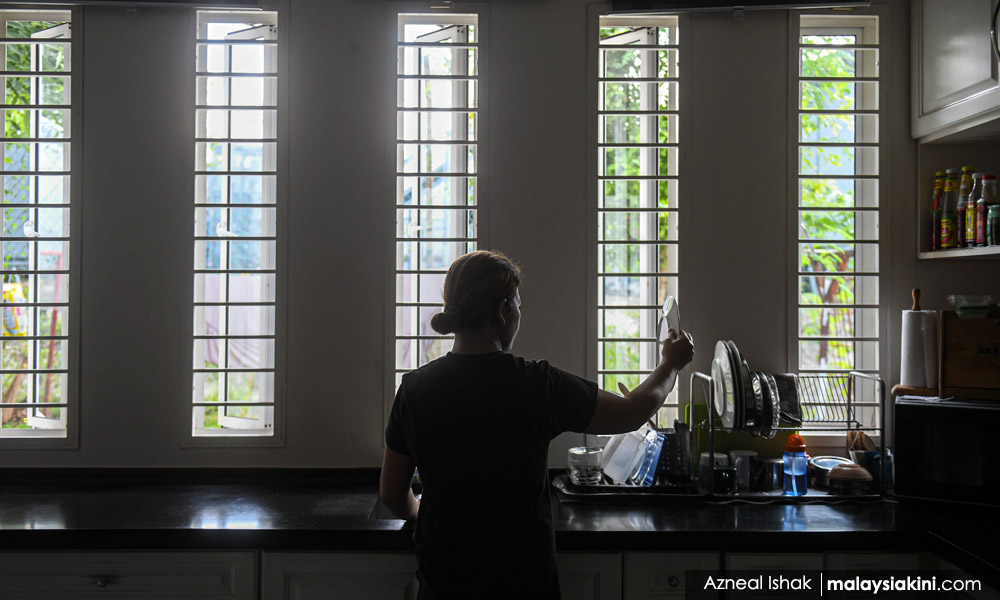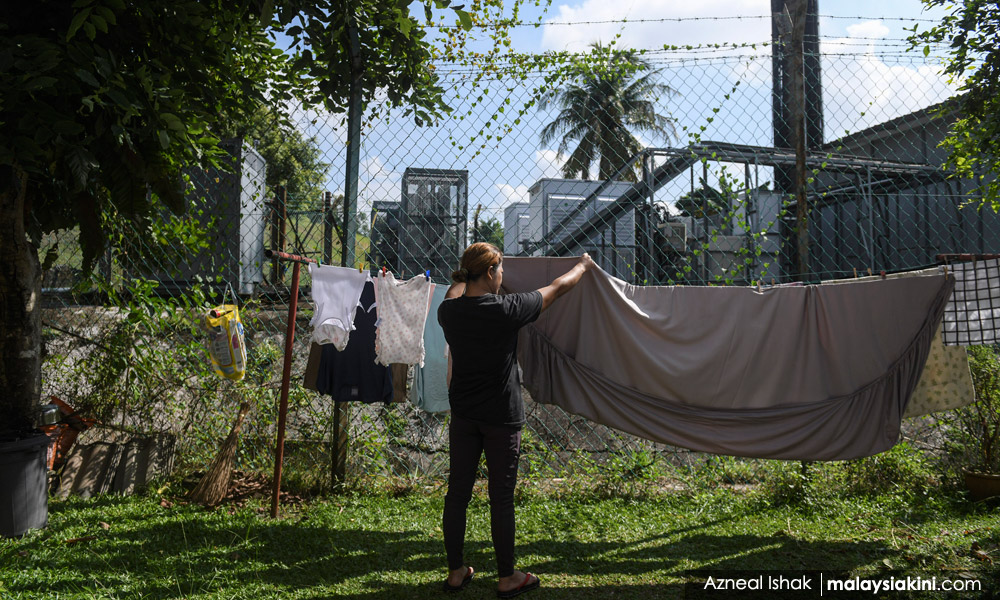While most Malaysian women celebrate the landmark legislative amendment to increase maternity leave from 60 days to 98 days, there is an entire sector of marginalised workers who will continue to be denied even one day of maternity leave.
The Human Resources Ministry had recently confirmed to Malaysiakini that clauses in the First Schedule of the Employment Act which explicitly excluded domestic workers from rights enjoyed by others covered in the Act, are to remain.
The Department of Labour Peninsular Malaysia director-general Asri Ab Rahman (above) confirmed recently that the nine “sections” and “parts” listed under the First Schedule of the Act from which domestic workers are exempted, will remain.
These “sections” and “parts” address pregnancy and maternity leave, rest days, hours of work and holidays.
The leap in maternity leave days for women in the private sector was among the slew of changes in the Employment (Amendment) Act 2022 that received the royal assent on April 26 and was Gazetted on May 10.
Servants, no more
It should be noted that Asri’s confirmation with Malaysiakini was ahead of these dates (April 26) and the First Schedule was not published in the recent Federal Government Gazette together with the other 2022 amendments.
While the minister has the option to amend the First Schedule through the Minister's Order, which could be done anytime without having to wait for Parliament to convene, the full extent of changes in this section is yet unknown.
Malaysia’s non-commitment to ratify the International Labour Organisation’s (ILO) Domestic Workers Convention 2011 was one reason given by Asri for the retention of the exclusionary clauses in the First Schedule.

However, the government’s National Action Plan on Forced Labour (2021 – 2025) has identified the need to review and consider ratification of this convention in its results matrix to be achieved by 2022.
The ministry has made no further move toward ratifying the ILO convention that recognises the special conditions under which domestic work is carried out.
While it is not known how many Malaysians have carried out this job since 1955 or are still employed in this sector of work, the Act includes workers with other job functions in a private dwelling, such as domestic employees like the cook, butler, child’s nurse, valet, footman, gardener, washerman or washerwoman, watchman, groom and driver or cleaner of any vehicle licensed for private use.
Refusal to remove clauses
The convention endeavours to supplement general labour standards with standards specific to domestic workers but, Malaysia’s refusal to remove the exclusionary clauses reflects its level of commitment toward addressing forced labour elements across all sectors in the world of work here.
Meanwhile, clauses 18 and 19 of the Amendment Act changed the title “servant” to “employee” in Section 57a and 57b of the parent Act, which could give workers in this sector the recognition they previously did not enjoy.
They are now known as domestic employees.

The amendments also introduced steeper penalties for employers who failed to inform the labour department director-general of the employment and termination of a foreign employee.
Employers now face a penalty of up to RM50,000, which was a substantial increase from the previous RM10,000.
Not entitled to minimum wage
Through a 2021 amendment bill, the government introduced the most changes to this Act that governs the employee-employer relationship in this country.
This was particularly to comply with international standards and practices as set out in the Trans-Pacific Partnership Agreement and the Malaysia-United States labour Consistency Plan.
However, since 2013, the Minimum Wages Order under the National Wages Consultative Council Act 2011 applies to Malaysians as well as foreign workers, except for domestic workers and manual labourers.
The national action plan also hopes to address this discriminative clause by reviewing the Minimum Wages Order to include domestic workers by 2022. - Mkini



No comments:
Post a Comment
Note: Only a member of this blog may post a comment.